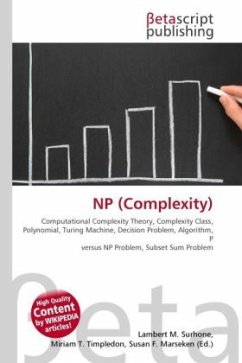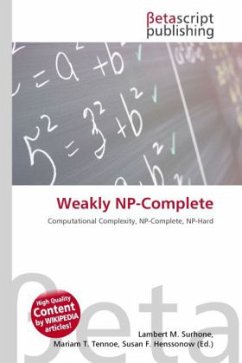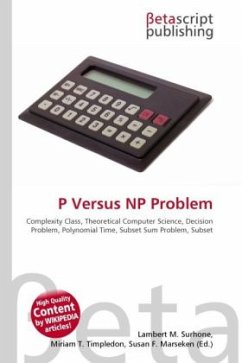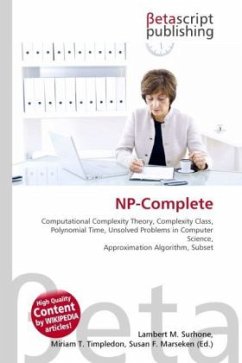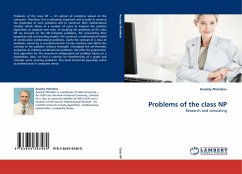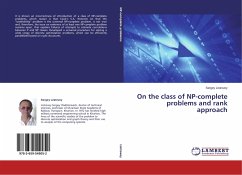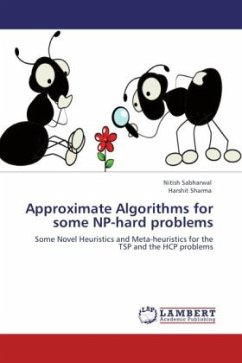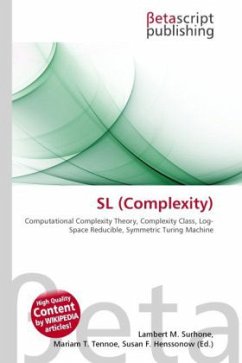High Quality Content by WIKIPEDIA articles! In computational complexity theory, NP is one of the most fundamental complexity classes. The abbreviation NP refers to "nondeterministic polynomial time". Intuitively, NP is the set of all decision problems for which the 'yes'-answers have simple proofs of the fact that the answer is indeed 'yes'. More precisely, these proofs have to be verifiable in polynomial time by a deterministic Turing machine. In an equivalent formal definition, NP is the set of decision problems solvable in polynomial time by a non-deterministic Turing machine. The complexity class P is contained in NP, but NP contains many important problems, the hardest of which are called NP-complete problems, for which no polynomial-time algorithms are known. The most important open question in complexity theory, the P = NP problem, asks whether such algorithms actually exist for NP-complete, and by corollary, all NP problems. It is widely believed that this is not the case.
Bitte wählen Sie Ihr Anliegen aus.
Rechnungen
Retourenschein anfordern
Bestellstatus
Storno

